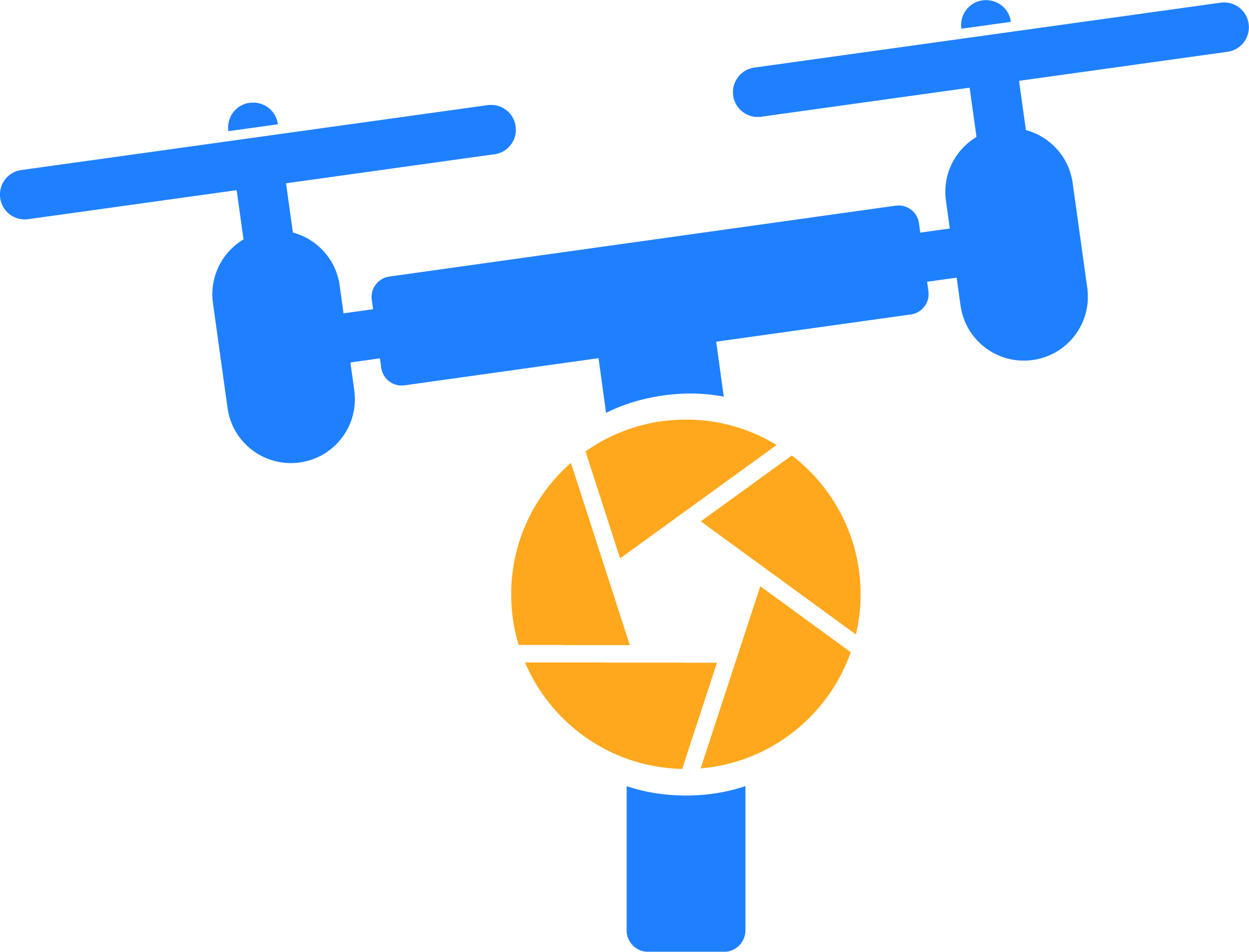Are DJI drones spying on Americans? It’s a question that sparks much debate. As drones grow in popularity for both hobbyists and professionals, concerns about privacy and data security are on the rise. DJI, the leading name in drone technology, finds itself at the center of this conversation. Known for their industry-leading features and affordability, DJI drones are used across various sectors, from filmmaking to emergency response. But with great technology comes great scrutiny. Despite thorough security audits and certifications, suspicions persist. Is there any truth to these claims, or are they simply fueled by misconceptions? Let’s take a closer look at the facts and separate reality from speculation.
Understanding DJI Drones
DJI, a name synonymous with innovation in drone technology, has become an industry leader known for creating reliable and versatile drones. As drones become vital tools across multiple sectors, understanding what makes DJI stand out is essential.
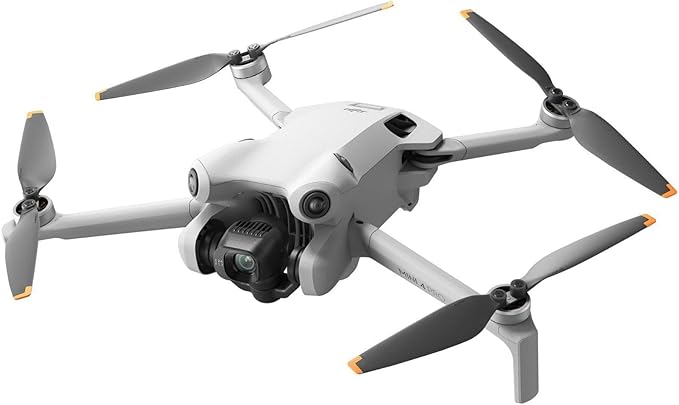
Company Background: Market Leader in Drone Technology
DJI has established itself as a powerhouse in the world of drones. Known for its pioneering technology, DJI holds a significant share of the drone market. The company has developed drones used in diverse fields like agriculture, filmmaking, public safety, and environmental research. This wide range of applications is a testament to how DJI drones are not just gadgets, but essential tools for professionals and hobbyists alike.
For those interested in delving deeper into DJI’s history and its impact on drone technology, you can find insightful information here and here.
Drone Technology Features: Key to Popularity
What makes DJI drones a favorite among users? It’s their cutting-edge features that cater to a broad audience. Here’s a snapshot of what DJI drones offer:
- Camera Quality: DJI drones are renowned for their high-resolution cameras that capture stunning images and videos. This feature is essential for photographers and filmmakers who require crisp visuals from the sky.
- Flight Capabilities: With advanced GPS systems and long battery life, DJI drones can stay airborne longer and fly more accurately. This is crucial for mapping large areas or conducting aerial surveys.
- User-Friendly Interfaces: Even a beginner can enjoy flying DJI drones thanks to intuitive interfaces and controls. The user experience is smooth, making it easier for anyone to learn and operate.
These features are just the tip of the iceberg. By embracing technology and understanding users’ needs, DJI continues to redefine what’s possible with drones in the modern world.
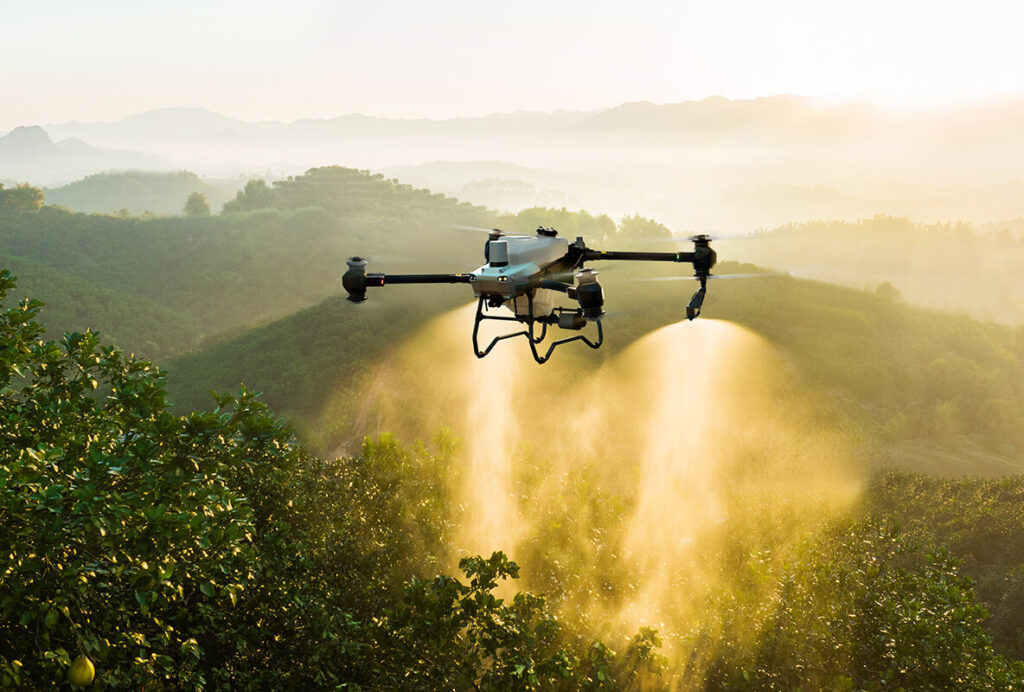
The Allegations of Surveillance
DJI has been at the forefront of controversy over potential surveillance activities. Accusations and debates have fueled a heated discussion about whether these flying machines are being used to spy on American citizens. To understand these concerns, let’s break down the key aspects surrounding the allegations.
Government and Media Concerns
Reports from various government agencies and media outlets have highlighted potential risks linked to DJI drones. Some officials worry that these devices, made by a Chinese company, could be collecting sensitive information.
- National Security Concerns: According to reports from the FBI and CISA, the U.S. government views Chinese-made drones, including those from DJI, as a threat to national security. These concerns are rooted in fears that data gathered by these drones could be accessed by foreign entities.
- Defense Department’s Stance: The U.S. Department of Defense has also issued statements claiming that DJI drones pose potential threats without releasing any evidence or naming any instances. Such statements have further fueled public debate and added to the perception of risk.
- Local Law Enforcement Use: It’s noted that DJI drones are frequently used by state and local law enforcement agencies, even as calls grow for the declassification of information related to their security risks as highlighted in a Homeland Security report.
Public Perception and Misinformation
While official reports are a major factor, public perception and misinformation also play significant roles in how these allegations unfold. It’s easy for rumors to spread faster than the facts, making it crucial to understand the underlying truth.
- Rumor vs. Reality: Misinformation, often spread through social media and sensational news outlets, can distort the reality of DJI’s operations. Articles like this one attempt to dispel myths by providing accurate information and counteracting false narratives.
- Impact of False Claims: Misinformation can damage the drone industry and influence public opinion. For instance, misleading claims about DJI’s software security, such as those addressed in a DJI statement, often create unnecessary panic.
- Fear-Mongering Concerns: Some believe that the allegations are more about fear-mongering than factual evidence. According to AirSight, DJI highlights that concerns are more about misinformation than actual risks, advocating for technology-based security solutions.
These layers of concern and misinformation combine to shape the discourse around DJI drones. By understanding both the reported risks and the role of misinformation, we can start to unravel the complex picture of these surveillance allegations.
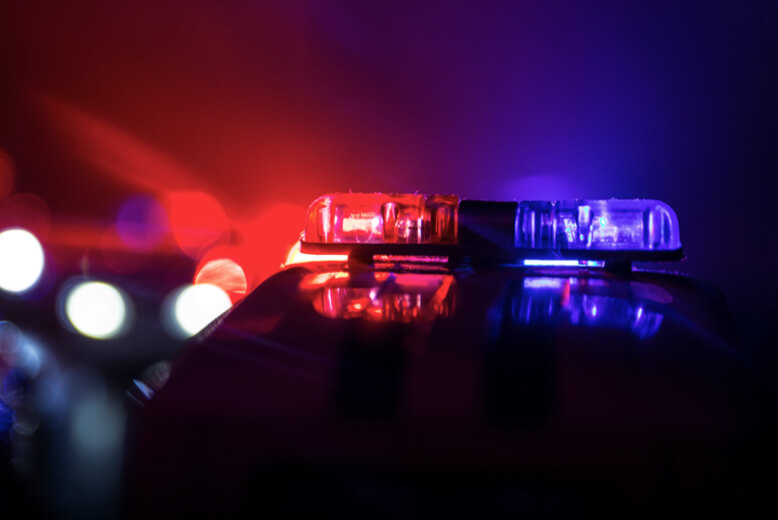
Data Privacy and Security Measures
In today’s digital age, data privacy and security are more important than ever, especially when it comes to drones. DJI has prioritized these aspects by implementing various features and protocols to ensure that users can fly their drones with peace of mind. Let’s explore some of these key measures.
Local Data Mode
One standout feature that highlights DJI’s commitment to data privacy is the Local Data Mode. This feature allows users to operate their drones without internet connectivity, which effectively prevents any data transmission to DJI or other external sources. When activated, Local Data Mode acts as a “kill switch,” blocking the app from sending or receiving data over the internet. For more about this feature, check out DroneDJ’s article on Local Data Mode.
Independent Security Audits
To affirm the security of their products, DJI undergoes regular independent security audits. These audits evaluate DJI’s data security measures against national cybersecurity standards. Notably, a recent audit affirmed the absence of any unexpected data transmission, ensuring that DJI’s drones are safe for both consumers and government use. You can dive deeper into these findings in the DJI Trust Center.
User Control Over Data
DJI strongly believes in giving users full control over their data. With customizable privacy settings, users decide what data to share and with whom, as evident in DJI’s “opt-in” approach, ensuring that no photos, videos, or flight logs sync without user permission. Users can adjust these preferences anytime through the app settings, making data management easy and transparent. Learn more about these controls at DJI’s Privacy Settings page.
DJI’s comprehensive approach to data privacy and security ensures that users can focus on their flights without worrying about data breaches or unauthorized access.
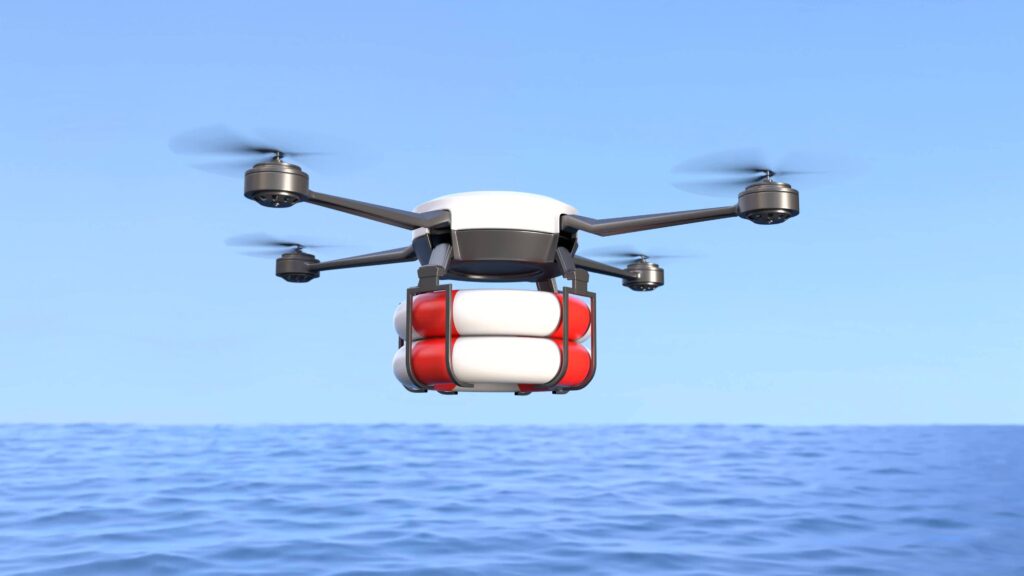
Regulatory Environment and Legislation
In the rapidly evolving drone industry, regulations play a pivotal role in shaping how drones can be used, particularly when concerns about privacy and sovereignty arise. For DJI, a leader in drone technology, understanding and navigating these regulations is essential. Let’s explore the landscape and see how legislation affects DJI and other drone manufacturers.
Countering CCP Drones Act
The Countering CCP Drones Act aims to limit the activities of DJI in the U.S. market. If this act goes into full effect, it could transform the way DJI operates by severely restricting its access. This means DJI might not be able to release new products in the U.S., hindering its ability to innovate and expand.
But what does this mean for the broader drone industry? Imagine cutting off a major artery that supplies vital nutrients. The consequences could lead to a ripple effect, causing more than half of small drone businesses in America to shutter as they rely heavily on DJI’s technology. Such a scenario could not only cost jobs but also raise prices, creating a shortage of drones, which are indispensable, especially for emergency services.
This act has drawn significant debate, as described by sources like Commercial UAV News. It’s worth asking: Is the potential security gain worth the economic disruption?
Existing Regulations on Drone Surveillance
In the U.S., laws around drones are like a patchwork quilt, with federal, state, and local regulations intertwined. The Federal Aviation Administration (FAA) plays a central role, dictating airspace rules and safety guidelines. However, when it comes to surveillance, privacy laws are more intricate.
Several regulations are in place to prevent drones from becoming tools of invasive surveillance. For example, The Brookings Institution explores how these laws ensure that drones can’t simply hover over private properties willy-nilly. States have also taken measures; over 44 states have their own drone laws as outlined by the National Conference of State Legislatures. These laws generally aim to prevent unauthorized surveillance, ensuring drones do not invade privacy.
The challenge lies in enforcing these laws without stifling technological advancement. As technology changes, so will these regulations, requiring constant updates to address new concerns. It’s like trying to keep a net tight over a restless sea—complex and ever-evolving.
Comparative Analysis with Other Drone Manufacturers
When it comes to drones, privacy and data collection practices are pivotal topics of conversation. You might wonder: How does DJI compare to other drone manufacturers in these aspects? Let’s take a closer look at the differentiating features and industry best practices for privacy and data security.
Differentiating Features
In the world of drones, not all manufacturers are created equal. Some focus heavily on privacy, while others might prioritize other features. Let’s explore how DJI differentiates itself from its competitors.
- Data Collection Practices: DJI is well-known for its transparent data collection policies. Unlike some other manufacturers, DJI has implemented the “Local Data Mode” to ensure data remains on the user’s device, minimizing risks associated with data transmission. You can find more about DJI’s privacy policy here.
- Privacy Features: Many manufacturers offer basic privacy settings, but DJI has gone a step further by integrating advanced privacy controls, such as customizable data sharing settings and off-the-grid operation modes. Competitors may not offer such granular control, allowing DJI to maintain its edge in privacy security. A detailed examination of DJI’s data security measures can unveil the lengths they’ve gone to protect user information.
Industry Best Practices
What should a drone manufacturer prioritize when it comes to privacy and data security? Here’s a checklist of best practices:
- Transparency: Clearly outline what data is collected and how it will be used. This helps build trust with users.
- User Control: Allow users the ability to control data sharing settings directly from the flight app, ensuring they are comfortable with what information is being shared.
- Regular Audits: Engage in frequent security audits by independent experts to identify and fix vulnerabilities, similar to DJI’s approach. For more insights, explore these voluntary best practices for UAS privacy.
- Geofencing and No-Fly Zones: Implement GPS-based geofencing to prevent drones from flying into restricted areas, enhancing both safety and security.
By looking at these features and best practices, it’s evident that DJI doesn’t just set standards but crafts them. Their rigorous privacy measures and advanced features put them at the forefront of the drone industry. But the question remains: Do these measures truly guarantee user privacy?

Do DJI Drones Spy on Americans?
Concluding a complex and often controversial topic like whether DJI drones spy on Americans involves synthesizing various viewpoints and factual evidence. While many recreational and commercial drones capture images and data, their operation and intent rely heavily on the users and the frameworks they operate within.
Final Thoughts
To determine whether DJI drones spy on Americans, consider what’s been presented:
- Data Security Measures: DJI has implemented several robust data security features, such as the “Local Data Mode” that keeps operations offline. This mode prevents data from inadvertently reaching the internet, enhancing user privacy. For more details, you can visit DJI’s Trust Center.
- Government Concerns: There are concerns from entities like the U.S. government about potential espionage. However, these are often balanced by arguments highlighting the lack of concrete evidence linking DJI to unauthorized data sharing, as discussed in articles like Politico’s take on Chinese drone threats. At the date of this writing, the U.S. government has not produced any documents demonstrating DJI drones spy on Americans. However, the U.S. Dept. of Commerce validated DJI’s Core Crypto Engine in 2022 and the Dept. of Interior, after careful investigation, concluded that data in DJI drones were secure.
- Professional Opinions: Many professionals in the tech and drone industries continue to support using DJI drones for various applications, emphasizing their utility in fields like disaster response from high water rescues to monitoring volcanoes. First Responders such as police and fire departments rely heavily on DJI drones to save lives.
The ultimate decision lies with each user. Should the presence of these drones in the air make us uneasy, or do their advantages in technology and efficiency outweigh potential risks? Just like with any technology, balance, informed choices, and clear regulations are key to ensuring safety and protection. By staying informed, questioning sources, and evaluating both sides, you’re empowered to form your own balanced opinion on the matter.
Please visit the Drone Advocacy Alliance for more information on drone safety and how to prevent the passage of bad drone legislation
